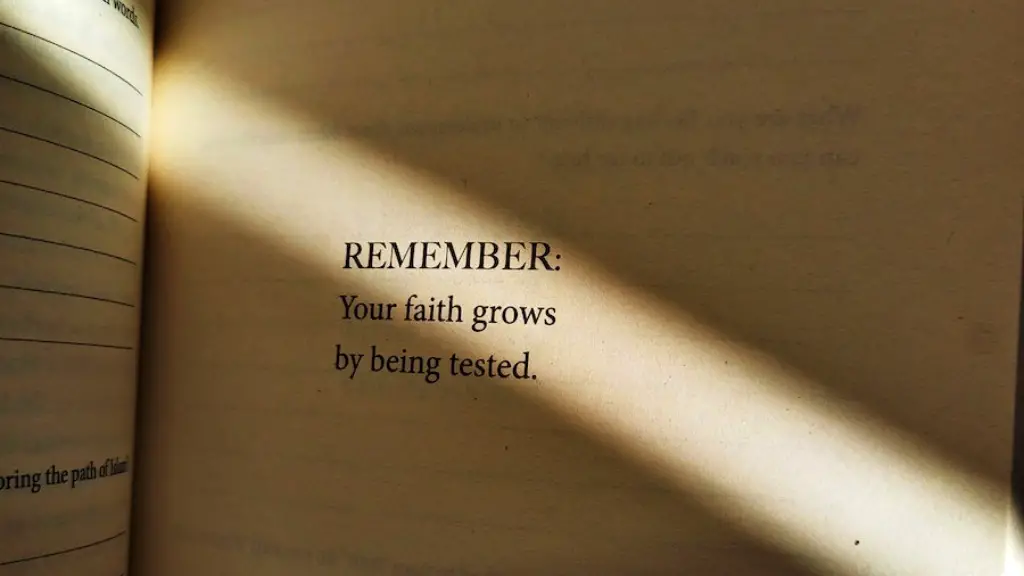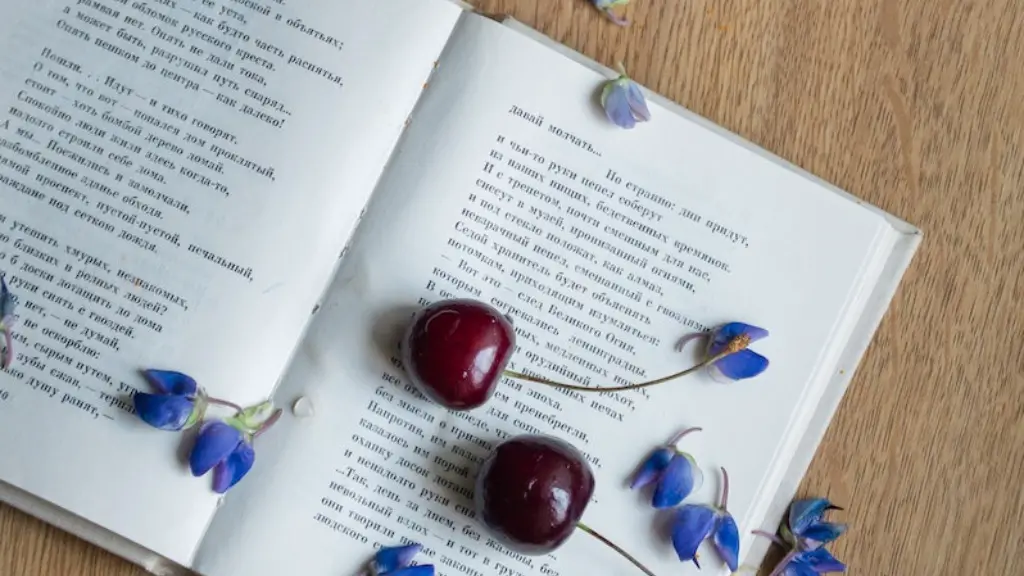Healing Through Verse: Langston Hughes’ Poems
From his leadership of the Harlem Renaissance in the 1920s to his death in 1967, renowned African-American poet Langston Hughes forever changed the way literature explored issues of race and identity. His poetry dealt with the daily reality of his African-American life, most especially in his evocative and lyrical poems penned with lyrical imagery and musicality.
Since the publication of his first book, The Weary Blues, in 1926, both his life and works have become icons of the African American experience. Hughes wrote a plethora of works, but he was most remembered for exquisite poems that embraced a multitude of forms and styles, from blues and jazz to traditional poetic forms. His poems were sing-songy and often drawn from his cultural heritage, featuring African-American vernacular language.
What was most important about Hughes is that he celebrated Black culture and African Americans’ collective histories and marginalized experiences that had usually been invisible in American literature. His acutely-penned, sometimes-acerbic verse echoed the struggles of an entire generation and has served to inspire Black American writers for decades.
Hughes wrote primarily about general topics of oppression, racism, racial identity, discrimination, poverty, and injustice. As his career progressed, however, he shifted away from social criticism and towards personal themes. His poetry often reflected personal experiences, exploring the human condition and sometimes touching upon lost love, faith, and hope. Regardless of his topics, Hughes remained known for his candid, no-nonsense writing style and beloved by readers across the world.
Harlem and Its Residents
Perhaps one of the most iconic poems Hughes ever wrote was “Harlem.” This poem was a crucial example of his skill and passion for writing about the people of Harlem. The poem, which explored the impact of deferred dreams, is one of the most poignant tributes to the effect of racism and the potential of hopes and dreams.
In “Harlem,” Hughes writes, “What happens to a dream deferred? / Does it dry up / like a raisin in the sun?” He addresses the issue head-on and in no uncertain terms. Also, the way he draws on a simile to get the reader to think about their deferred dreams reflects the power of his writing. Through his words, Hughes encouraged readers to think of their own dreams, successes, and failures, and to ponder the effects of life’s inequities.
Although “Harlem” is arguably the best-known poem of Hughes’s, he also wrote dozens and dozens of powerful odes to the people of Harlem. He often portrayed the “common man” in the street and praised the hard-working “everyman” in a way that was both unmistakable and unforgettable. His characters shone through and felt true-to-life despite the fact that opportunity was limited and impoverished conditions were often the reality.
His work forever changed the way literature speaks to and about Black life, and his gift for viewing the world through African American eyes remains inspirational. Hughes believed that through his words he could make a world for African Americans to thrive in, and in the process, change the perception of Blacks among white people, who had mostly underestimated them. His goal showed through in his writing and gave people the push to believe in the possibilities that he believed were imminent.
Expressing Social Justice Through Poetry
Social justice was a major theme in Hughes’s work, and he wrote candidly about the racism and discrimination African-Americans faced. He wrote often and pointedly about prejudice, legal injustice, rampant violence, and racism. Through his writings, he sought to land a punch on those injustices, and in doing so, show readers the importance of standing together and fighting such social wrongs.
In “Hello What do you do,” Hughes wrote about Black workers in the south. He highlighted their struggles and the importance of Black laborers meeting their daily responsibilities in order to make a better life for their families and communities need.
Elsewhere, his “Dream Variation” is a direct plea for racial equality: “IX It may be that the land of the blacks / Gives me breadth and knowledge and skill / But I bow my head, for the dream / Long since died and the wound remains still.” Here, Hughes uses vivid language to convey the pain and grief of the African American experience.
In his poem, “Mother to Son,” Hughes speaks of hope, no matter the odds against one’s success. He powerfully conveys this message when he states, “So, boy, don’t you turn back. Don’t you set down on the steps.Don’t you fall now — For I’se still goin’, honey, I’se still climbin’, And life for me ain’t been no crystal stair.” By using metaphor and imagery, Hughes is able to convey his message of strength and hope for a brighter future.
The Humor of Langston Hughes
Although Hughes wrote many serious works, he addressed such situations with humor and an astute eye for satire. He often injected humor into his poetry, allowing readers to see an entirely different side of his work. His lighthearted and humorous poems allowed readers to find humor in the face of unwarranted prejudice.
In his poem, “Dream Boogie,” Hughes’s words dance across the page. Through fast-paced verse and rap-style language, he celebrates the inherent joy of life: “Good morning, daddy! Ain’t you heard the boogie-woogie rumble / Of a dream deferred?” It is clear that Hughes had a gift for capturing his audience with his lyrical, rhythmic wordsmithing.
In his poem, “Dream Deferred,” Hughes uses humor to make a point about the frustration he and many others were feeling. The poem is appropriately presented in an exaggerated manner to emphasize the point that he seeks to make. Hughes also uses imaginative language to draw readers in and make them think about how difficult it is when a dream is deferred. In “Dream Deferred,” Hughes writes “Maybe it just sags / like a heavy load,” a line that serves as a metaphor for all the burdens and woes of life.
Conclusion
The power of Hughes’s writing is undeniable and the impact of his words still rings true today. He wrote poetry that was both accessible and deeply evocative, creating works that continue to be studied and appreciated. He was a revolutionary poet, unafraid to address difficult topics and call out inequities in so many societies of the time. His works speak to people of all colors, uniting readers and sparking conversations and empathy.




